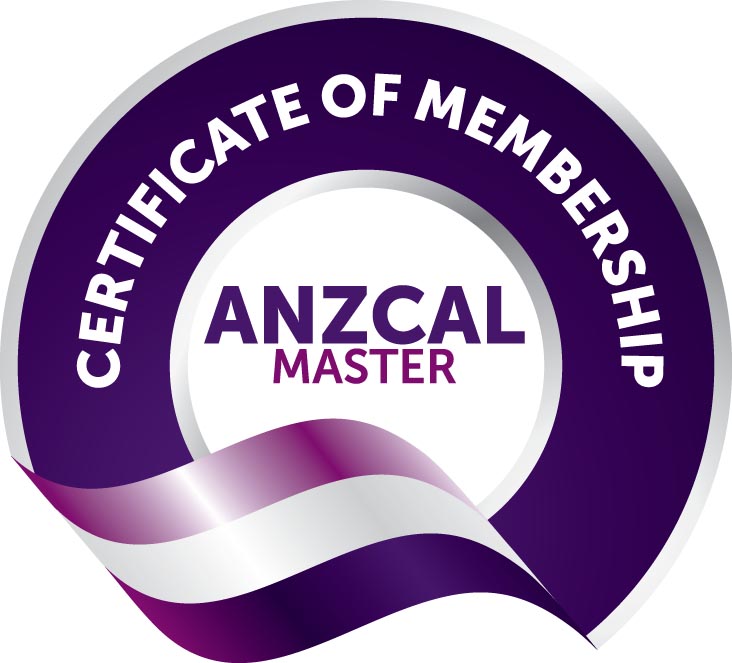Pedagogical leadership frames educators’ understanding, interpretation and passion as the key lever for continuous improvement in early childhood educational settings. Seen through a pedagogical lens, this approach views leadership as something separate from formal authority or qualifications.
Pedagogical Leadership involves:
- creating and sustaining a shared vision,
- fostering a culture of inquiry and reflection,
- collaborating with families and communities,
- and supporting educators’ professional growth and development.
Professional learning communities (PLCs) are groups of educators who work together to improve their practice and enhance children’s learning outcomes.
Professional Learning Communities involve:
- engaging in collaborative inquiry,
- sharing data and evidence,
- providing feedback and support,
- and implementing changes based on learning.
Professional Learning Communities can be formed within or across ECE settings, or with other stakeholders such as researchers, policy makers, or community members.
Pedagogical leadership and PLCs are a powerful combination for ECE, as they have the potential to create a culture of learning and improvement that benefits educators and children alike.
Some of the benefits of pedagogical leadership and PLCs are:
- enhancing educators’ knowledge and skills in curriculum, pedagogy, assessment and environment; helping them align their practice with the principles and goals of the national framework (such as Te Whāriki in New Zealand).
- promoting educators’ professional identity and agency and empowering them to make informed decisions based on research and evidence.
- fostering educators’ wellbeing and motivation and reducing their isolation and stress by providing opportunities for collegiality, dialogue, feedback, and support.
- improving children’s learning and development by providing them with rich and meaningful learning opportunities that foster their wellbeing, belonging, exploration, communication, and contribution.
- strengthening relationships with families and communities and valuing their diverse perspectives, knowledge and contributions to children’s learning.
- enhancing the quality of ECE provision by creating a culture of inquiry and reflection that supports continuous improvement and innovation.
To engage in pedagogical leadership and PLCs effectively, ECE leaders and educators need to have:
- a clear vision and purpose,
- a shared understanding of roles and expectations,
- a trusting and respectful climate,
- effective communication skills,
- adequate time and resources,
- and ongoing support and guidance.
ECE Leaders and educators also need to be open to learning from others, willing to challenge their assumptions and practices, able to adapt to changing situations and committed to achieving positive outcomes for children.
Pedagogical leadership and PLCs can enrich the lives of ECE leaders, educators, children, families, and communities. Establishing, implementing and facilitating engaging PLCs can enhance professional growth and practice, as well as the quality of ECE provision.
© Gaynor Clarke, July 2023
Gaynor Clarke
B.Ed (Teaching), Cert Tertiary Teaching, PGDip Ed, MEd Leadership
Reach. Teach. Lead.
Reach Education Ltd
Teacher Leadership Mentoring and Life Coaching. Personal and Professional Development.
Gaynor is a teacher educator and mentor facilitating personal & professional leadership wellbeing outcomes for teachers.
If you are an early childhood teacher or leader looking to enhance your leadership skills, I would love to work with you. As a leadership mentor and coach, I specialize in helping early childhood educators develop their leadership potential and make a positive impact for the ākonga they serve. If you are interested in learning more about my leadership mentoring services, please visit my website or contact me directly to schedule a consultation. I would love to work with you!
References:
Professional learning communities in early childhood education: a …. https://www.tandfonline.com/doi/full/10.1080/19415257.2018.1529609.
The limited research on pedagogical leadership in early childhood education. https://theeducationhub.org.nz/the-limited-research-on-pedagogical-leadership-in-ece/.
Pedagogical leadership in activities with children – ScienceDirect. https://www.sciencedirect.com/science/article/pii/S0742051X22001615.
Teachers’ pedagogical leadership in early childhood education. https://www.tandfonline.com/doi/full/10.1080/00131881.2022.2147855.








Leave a Comment
You must be logged in to post a comment.